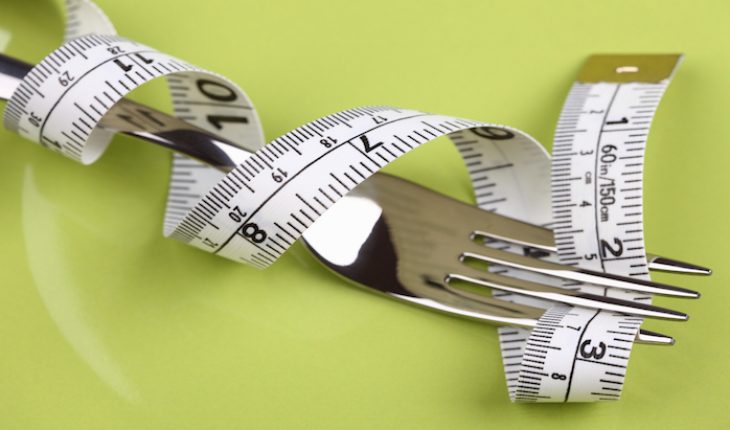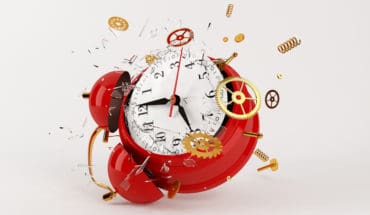The obesity crisis has now become so severe that it is causing misery, ill health and using up huge amounts of NHS resources. I expect the Government to deal with this in a sensible and rational way rather than come up with cheap gimmicks like a sugar tax.
Results show that 61.7 per cent of adults were overweight or obese in 2014. Obesity, which can lead to diabetes and heart disease, is costing the country nearly £47bn a year, according to a 2014 report by McKinsey Global Institute, but the bill is set to rise substantially.
Despite all the campaigns to cut back on fat, sugar and alcohol, and select a balanced diet people seem to be ignoring the advice. The five-a-day campaign, which is designed to get us to eat more fruit and vegetables, has had little effect on vegetable intake but may have boosted fruit intake especially as juice. Worryingly, teenagers, especially girls, are drinking less milk at a time when they need it to support healthy bone but are drinking more alcohol instead.
In my experience people don’t take dietary advice seriously, unless they gain an immediate benefit or they feel their health is in immediate jeopardy. Patients with coeliac disease stick to their gluten free diets because it cures their symptoms. But tell a middle-aged man to cut out bacon, sausages and pies, he doesn’t feel any better even though it will lower his blood cholesterol and cut his risk of a heart attack. People also find it difficult to keep weight off because it involves changing your diet for life not just a few weeks.
History shows us is that the most effective dietary interventions have brought about by modifying the food supply rather than by asking the public to change their eating patterns. I was a member of an Expert Consultation of dietary fats for the World Health Organisation in 1993. Because there was compelling evidence that trans fatty acids increased risk of heart disease, we recommended removing trans fatty acids from foods. One of the panel members was a senior scientist in Unilever and he persuaded the company to stop using trans fatty acids in its margarines. Other oil processors followed suit and these unhealthy fats are no longer used in the UK.
Eating too much salt in your food can lead to high blood pressure which causes strokes particularly in people over 50 years of age. Dietary advice to use less salt is not a very effective because most salt of it is present in processed food (e.g. bread, olives, cheese, bacon, ham, soups; sauces) rather than in salt added at the table or during cooking. The Food Standards Agency put pressure on the food industry to make small reductions in the level of salt in their products. As a result, salt intakes have fallen and average blood pressure has been falling- but not because consumers have changed their eating habits.
Yes, we all need to take some responsibility for what we eat and to make sure we take regular exercise. However, the food industry could also help by providing us with clearer information and not use marketing techniques that encourage overindulgence.
This is not rocket science and a number of small changes could have overall a big effect. There are plenty of simple strategies which can help, for example selling smaller plates and bowls to reduce serving sizes at home. I am in favour standardizing the calorie content of ready meals so you don’t end up inadvertently eating twice the number of calories you need at a go. A portion could be one third of the daily recommended intake for an adult, for example. I would also like to see water being offered as the drink of first choice in all restaurants. Some doctors are in favour of manipulating food so it contains fewer calories. However, I would rather leave the formulation of foods to the chefs but if the food contains a lot of calories we need advice on how can be eaten without exceeding are needs.
The calorie content of take-away foods in some but not all fast food outlets but it is not very legible. I personally find the traffic light labeling of sandwiches highly confusing. Action is need to stop shops putting high calorie snacks in the “walk of shame” to checkout queue because it encourages impulse buying (even the top notch supermarkets do this shamelessly). Alcoholic drinks are contributing substantially to obesity and they are just too easily available. In fact it dominates the shelves in many small stores. Given the problems that alcohol is causing in general as well as its contribution to weight gain, it is time the government looked again and what to make alcohol less easy to buy.
A lot of the blame is how food is sold. Cinemas make a lot of money out of encouraging people to eat buckets of popcorn and large drinks. Newsgagents offer discounted bars of chocolate when you buy a paper and “meal deals” encourage people to eat unhealthy snacks. Eating on the hoof, slurping calorie laded drinks and munching snacks at a desk are now common place. This irregular pattern of eating is much more likely to result in weight gain. In this respect, we need to take a lesson from the French in this respect and recognize that sitting down and taking time to eat is much better for weight maintenance.
While some actions can be done voluntarily as part of a code of practice others may need to be backed by legislation to force the retailers and food industry to change. For example, it may require legislation to stop people eating on the street (other than in cafés etc) in town centres or on some forms of public transport.
- Sugar tax is a cheap gimmick - 8th June 2016






